News - BES Findings
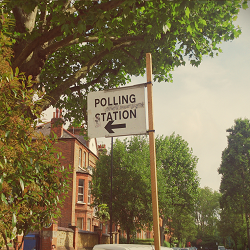
What do the 2016 local elections tell us about what might happen...
On Thursday May 5th elections for local and devolved governments took place across the UK. For the main British political parties, each part of the country told a slightly different story. In Scotland it was a bad night for Labour, who slipped to third place…
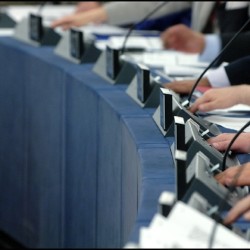
When attitudes and behaviour collide: how a referendum can upset the party...
By Ed Fieldhouse and Chris Prosser Imagine the following scenario: a referendum in which the major political parties and establishment are arguing in favour of the status quo, against a growing but enthusiastic minority who argue in favour of breaking away from the union and…
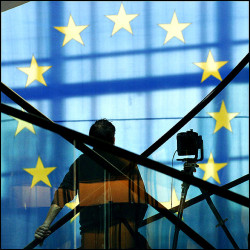
Don’t blame young voters: new film from ‘UK in a Changing Europe’
The UK in a Changing Europe programme, which is injecting research based information into the referendum debate, has produced a video for younger people which we feature below. Professor Anand Menon, who leads the progamme, says the decision matters to young people in particular, who…
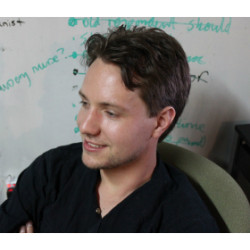
How we’re (almost) all swingers now
For many decades, political parties have competed furiously for the great prize of British Politics: the affections of the swing voter. It wasn’t that long ago when there were relatively few political swingers: until the 1990s, General Election results really would be won by attracting…
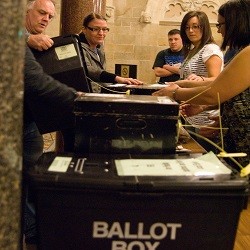
BES Vote Validation Variable added to Face to Face Post-Election Survey
It may be a truism to say that elections are decided by those who turn out to vote but from the impact of local campaigns, to understanding why the polls went wrong, knowing who votes and who doesn’t is key to understanding British elections. The…
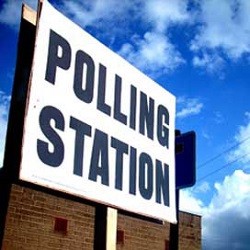
Missing Non-Voters and Misweighted Samples: Understanding the Great British Polling Miss
By Jon Mellon and Chris Prosser On Tuesday the inquiry into why the polls went wrong before 2015 election released its preliminary findings. Their main finding agrees with our own research: unrepresentative samples are to blame for the 2015 polling miss. However, inaccurate polling due…
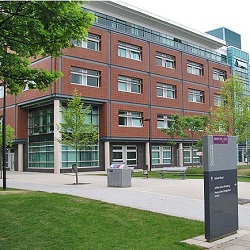
PhD Studentship with the British Election Study and the Hansard Society: Investigating...
We are recruiting an outstanding student to undertake PhD research with the British Election Study (Professors Jane Green and Edward Fieldhouse) and the Hansard Society (Dr Ruth Fox), to analyse the factors governing the perceived problem of representation in politics. The student will use British…
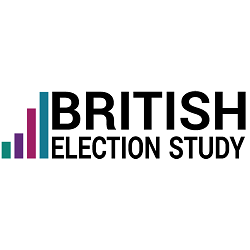
The Benefits of Random Probability Sampling: The 2015 BES Face-to-Face
This post reveals the BES 2015 reported vote figures for the face-to-face survey and discusses them in the context of representativeness achieved via random probability sampling and efforts to interview hard-to-reach respondents. The face-to-face survey is an address-based random probability sample of eligible voters living in 600 wards…

Why the polls got it wrong and the British Election Study face-to-face...
The release of the British Election Study post-election face-to-face survey allows us to revisit the question of why the polls went wrong before the 2015 General Election. Based on our internet panel, we previously examined five possible explanations for why the polls went wrong and…

British Election Study 2015 Face-to-face survey v1.0: Release note
This note accompanies the release of the British Election Study face to face survey (version 1.0). Dataset and documentation The dataset and additional documentation are available to download here. Citation Fieldhouse, E., J. Green., G. Evans., H. Schmitt, C. van der Eijk, J. Mellon and…
